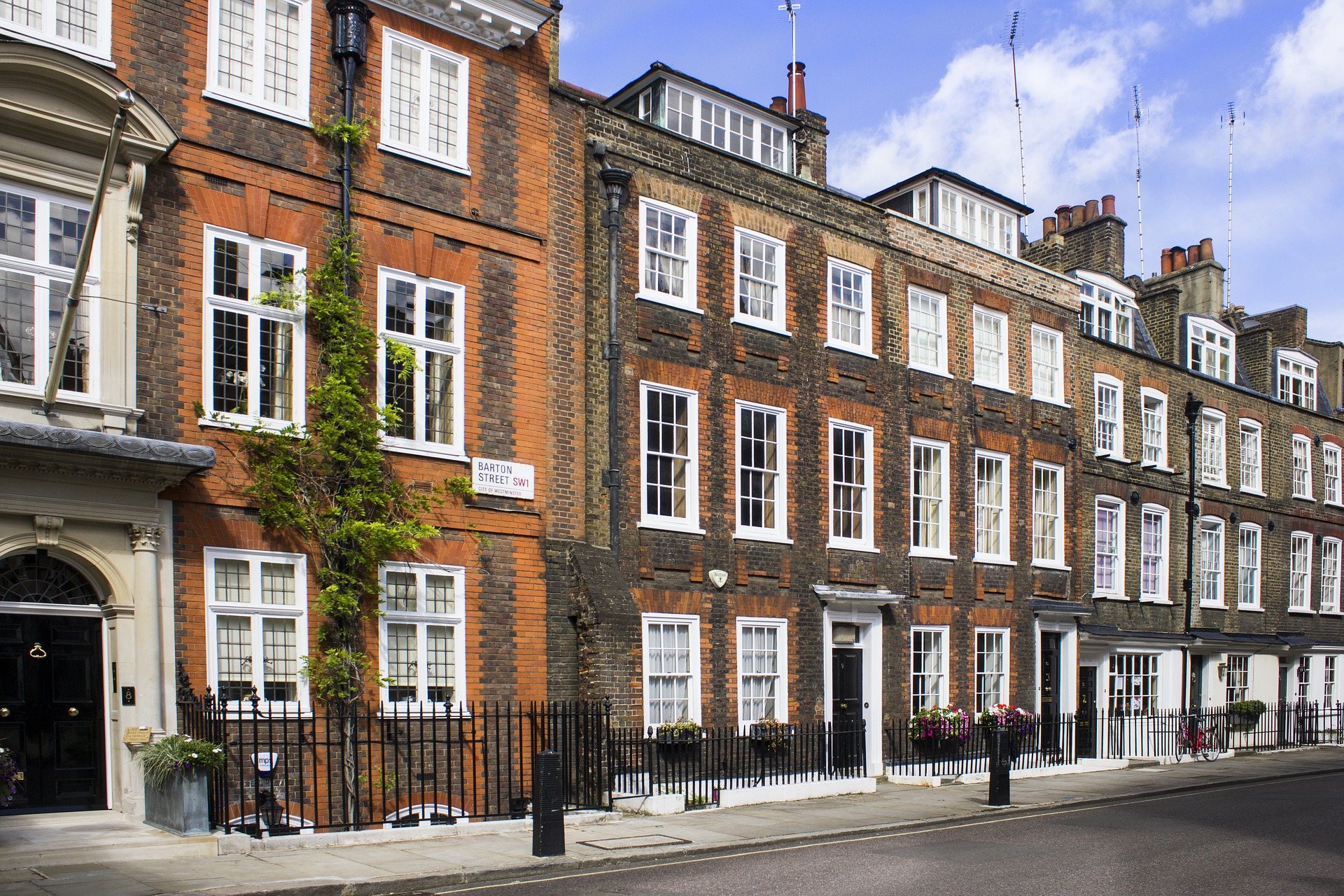UK house prices enjoyed their strongest quarterly increase since before the financial crisis in the third quarter as lockdown restrictions eased.
Prices rebounded quickly in the third quarter after the broadbased closure of the market during the previous quarter.
Prices rose 3.3 per cent in the three months to September, according to the Halifax Property Index, the strongest increase recorded since the end of 2006. On an annual basis prices were 5.5 per cent higher, the sharpest rate of inflation since the final quarter of 2016.
The housing market has been buoyed by government interventions such as the stamp duty holiday introduced over the summer.
To find out more about how we can assist you with your Mortgage requirements, please click here to get in touch
And last week Boris Johnson announced plans to turn “generation rent” into “generation buy” by allowing people to purchase homes with a five per cent deposit.
Paul Smith, economics director at IHS suggested the resurgence in prices was also due to “strong demand driven by a desire for more space – either as a reaction of the lockdown or the structural economic effects of increasing home working”.
The upturn in prices meant the standardised house price edged close to the £250,000 mark during the third quarter. Price inflation has picked up across all buyer and property types, with existing property inflation – 5.8 per cent – outstripping that of new houses – +4.1 per cent.
Properties in greater London remain comfortably the most expensive, with the typical house now costing more than £500,000 and around 1.5 times higher than in the South East.
Wider economic issues, particularly the rise in unemployment due to coronavirus, suggest activity and the rapidly rising prices are unlikely to be sustained.
The recent rise in prices has led to a tightening of affordability constraints, with the house price-to-earnings ratio reaching a record high level of 6.5 by the end of the third quarter.
It surpassed the previous records of 6.4 set prior to the financial crisis.
Unsurprisingly London has the highest ratio of close to 9, and the immediate regions surrounding the capital, with ratios all above 7, where affordability remains a key issue.
By Angharad Carrick
Source: City AM









